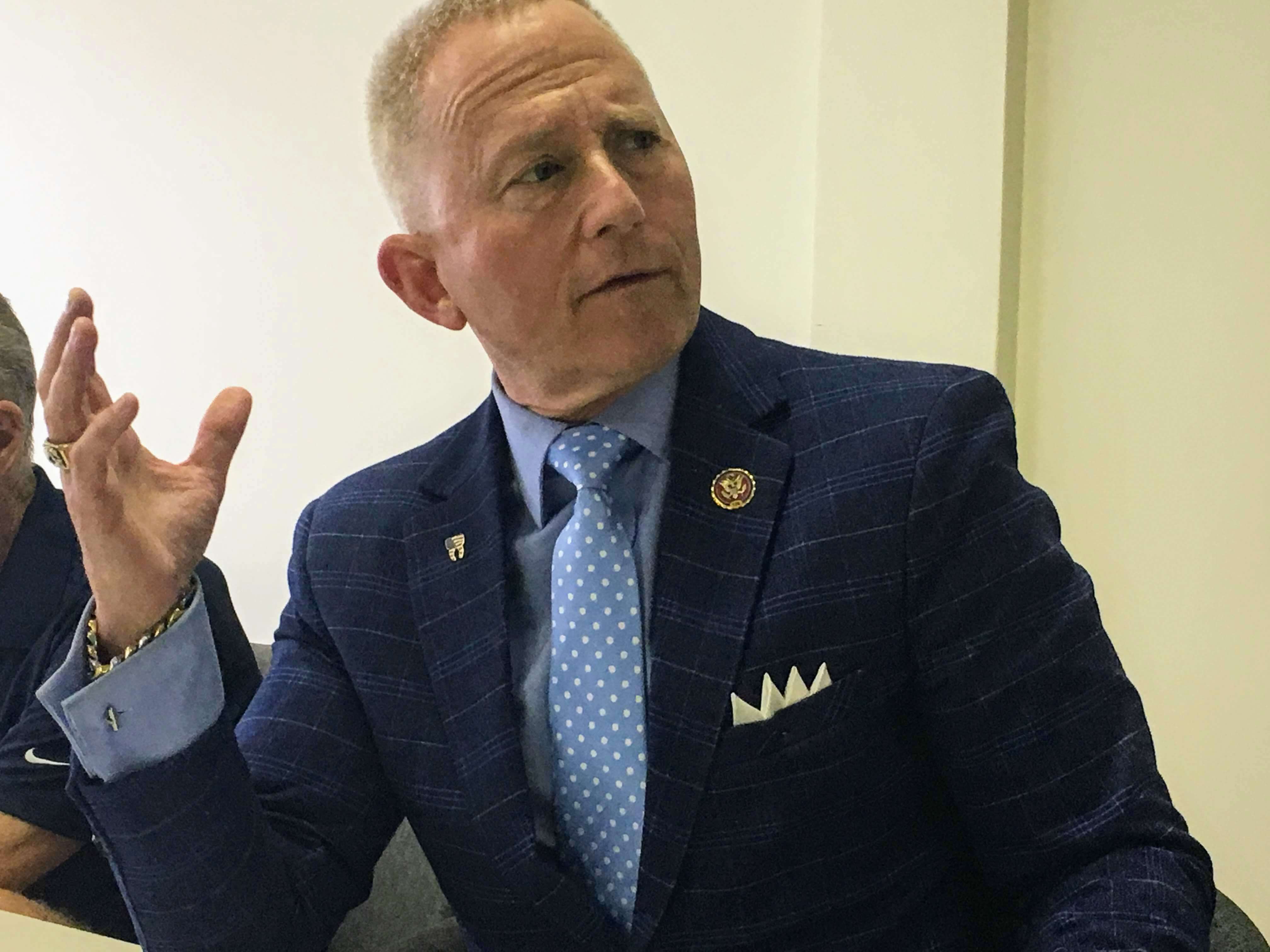As we begin to enjoy the lazy, long days of summer, I overhear conversations as I wind my way through the slalom of beachgoers lying on blankets, covering themselves from the sun with large umbrellas and playing with beach balls and sand toys.
Since I know that talking about therapy to a close friend is a favorite topic, I sometimes wonder what people may be saying about their view of psychotherapy. I am delighted that psychotherapy has come out from under the shroud of darkness and shame that brought it in to our awareness.
Nearly gone are the days when a friend would whisper in hushed tones, “I saw a therapist last week and she said I’m really anxious. But please don’t tell anybody, I’m too embarrassed for anybody to know.”
When I first began the Coche Center many years ago, social perception of the wisdom of investing time and money in self-understanding was at a low ebb: therapy was used only when all else failed, only for a short time and in near secrecy. With the onset of solid credentialing, psychotherapists and counselors must be certified and/or licensed in the state of their choice.
Insurance companies have been slow to fund mental health treatment but have had to bend to the reality that anxiety, depression, miserable marriages, and psychosis are real as cancer and heart disease. They can also be as dangerous.
As my career advanced, I decided to write for the public pro-bono so they could understand what comprises the process of psychotherapy. “We need to demystify psychotherapy,” I would say to a reporter calling from a newspaper or magazine.
I was enthusiastic when freelance journalist Laurie Abraham contacted me. She wanted me to obtain written permission from clients so that she could sit on a couple’s group therapy meeting.
Her goal was to demystify psychotherapy by exposing what actually occurred. With the caveat that neither they nor I would have access to the article before it was published, Laurie sat in on a group for two years.
This work resulted in an article for The New York Times as well as book for mental health colleagues and the public. I agreed to this project because I wanted the public to understand the topic.
For example, on page 249 in “The Husbands and Wives Club,” she reports that a husband spat at his wife, “You’ll never be happy.” In addition to her book, she wrote “Can This Marriage Be Saved” for The New York Times Magazine. The article presents a live and accurate coverage of what happens in couples’ psychotherapy.
Laurie writes in her acknowledgements, “My deepest appreciation goes to therapist Judith Coché, who trusted me—and herself—to allow me to sit in on the group. Coché was brave to put her skills on the line and also to recognize that therapy could be written about responsibly.”
I invite each of us to stand in front of a mirror, exposing who we are to ourselves. Should we find painful spots, it behooves us to have the courage to seek qualified clinical assistance with concerns larger than our ability to solve them. If you ask me what I do for a living, I give a four-word answer. “I am a catalyst.”
Helping people to change is a process of summoning the motivation to give them courage to push through bad habits and find improved solutions to living life more fully. Done well, this process facilitates deeply desired transformations in a direction that could not be achieved without help.
Is it worth the effort? Hundreds of clients answer enthusiastically answer their therapeutic adventure has been one of the highlights of their lives.
They go on to say the investment of time, energy and money has been worth the effort.
Consider under what circumstances have you or might you seek psychotherapy? Do you know how to find qualified professionals who treat your concerns?
Would you pursue this course of action even if family members stood in your way? Why or why not?
To explore: The Husbands and Wives Club: A Year in the Life of a Couples Therapy Group, by Laurie Abraham, New York 2010, Simon & Schuster.
Find Dr. Judith Coche helping clients with mental health concerns at The Coche Center in Stone Harbor and Rittenhouse Square in Philadelphia. Contact her through www.judithcoche.com.







